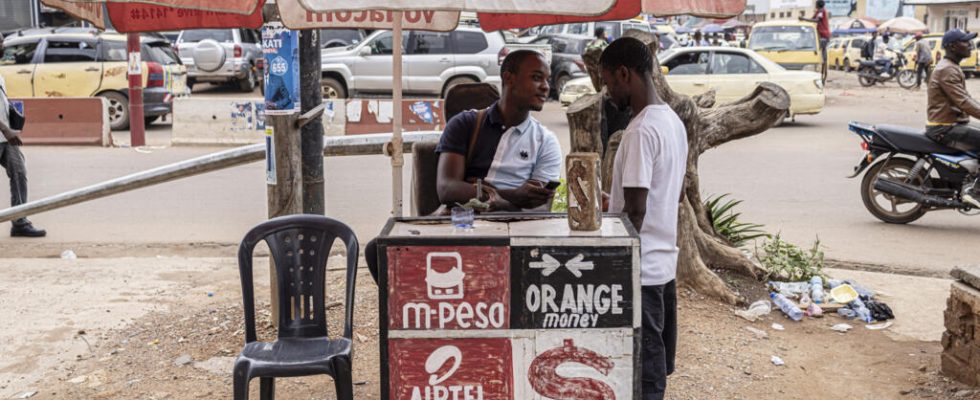Would the Congolese state divert funds intended to extend coverage of the national territory by telecommunications companies? Only a quarter of the Congolese territory is covered by new technologies while the State has received significant telecoms contributions for disadvantaged areas for 22 years.
2 mins
With our correspondent in Kinshasa, Pascal Mulegwa
The universal service fund is financed by 3% of the turnover of each telecommunications company in DRC. When the fee was established in 2002, it was only 2%, but it has been revised to 3% a decade ago.
But to deal with the economic crisis in 2008, the government decided to pay the funds collected, i.e. millions of dollars, into the general account of the Treasury to contribute to the state budget. The funds are therefore no longer intended to create infrastructure to enable telecoms to extend their coverage to disadvantaged regions.
A network that needs investment
With the insistence of the World Bank, the State created the Universal Service Development Fund (FDSU) in 2022 to manage these millions of dollars. A year later, facilitators were appointed, but they had neither an office nor resources.
“ It is a question of giving us these funds so that they can be used for what they were created for. It is the promotion of ICT [technologies de l’information et de la communication, ndlr] and telecommunications in rural and peri-urban areas which represent no interest for economic operatorsexplain Paterne Kadiat, the FDSU mission manager. Already due to the infrastructure deficit that we have, the operating and production costs of our telecommunications and ICT operators are very high. It’s about respecting the law. The law is clear. We have to manage this 3%. »
According to the latest World Bank report, the DRC has a low mobile phone subscription: 44.8% compared to the average of 92% in sub-Saharan Africa. The mobile internet penetration rate is 22% compared to an average of 43%.
Read alsoKhalil Al Americani (Vodacom DRC): “Reducing telecoms prices further will be difficult”
